As we are continuing working on our “sense of belonging” project at UiB (read more about my thoughts on students’ sense of belonging and what we can do about it here; and the general idea behind this project is to first get a baseline of student experiences, and then figure out how to make all students feel welcome and that they are in the right place), I’ve started reading up on “mattering”. Belonging makes the assumption that students want to belong in the first place, and that’s not necessarily the case. Mattering, on the other hand, is only about how students perceive others’ reactions to themselves.
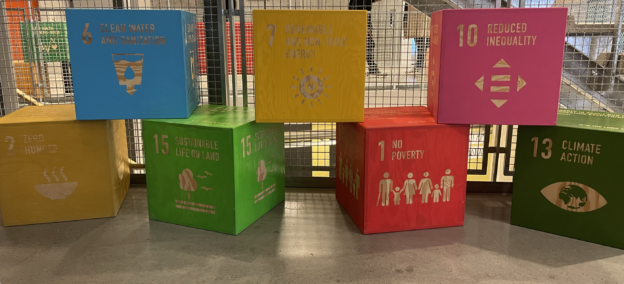
Currently reading: “Hope dies, action begins?” The role of hope for proactive sustainability engagement among university students. (Vandaele & Stålhammar, 2022)
Over the last couple of weeks, I’ve talked to many people that are in one way or other involved in teaching about sustainability at high school or university level. One thing that has struck me is how many seem to be teaching about sustainability without actually believing that we can and will “fix” the big issues like climate, biodiversity, hunger, wars. And while I don’t have a solution to them either, I found it so disheartening to see all these teachers that talk to so many young people and that seem to have no hope for the future. Surely this cannot be the way to do things. If they don’t see the point of changing things because we are all doomed anyway, how will they support their students to develop skills and strategies to deal with all the big challenges they will be faced with?
This is where the article I’m summing up below comes in:
“Hope dies, action begins?” The role of hope for proactive sustainability engagement among university students. (Vandaele & Stålhammar, 2022)

Currently reading: Inspiring Action, Efficacy, and Connection: Weaving Sustainability into Environmental Science Curriculum through a Connected Learning Model (Bertossi & Halliwell, 2020)
Yesterday, in our “collegial project course: teaching sustainability”, I showed two models of how one might approach thinking about teaching sustainability, and here is another one that I quite like, from the article
Inspiring Action, Efficacy, and Connection: Weaving Sustainability into Environmental Science Curriculum through a Connected Learning Model (Bertossi & Halliwell, 2020)
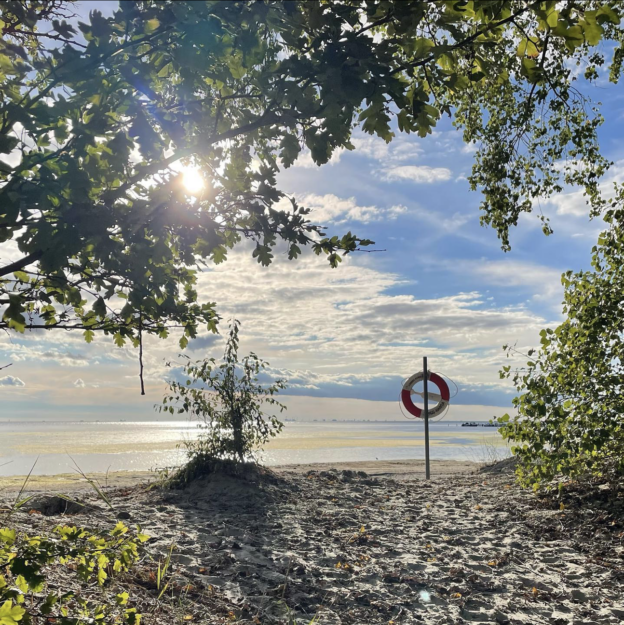
#WaveWatchingWednesday
Welcome to another #WaveWatchingWednesday!
Currently reading: “Formative assessment and self‐regulated learning: A model and seven principles of good feedback practice” (Nicol & Macfarlane-Dick, 2006)
Somehow a print of the “Formative assessment and self‐regulated learning: A model and seven principles of good feedback practice” (Nicol & Macfarlane-Dick, 2006) article ended up on my desk. I don’t know who wanted me to read it, but I am glad I did! See my summary below.
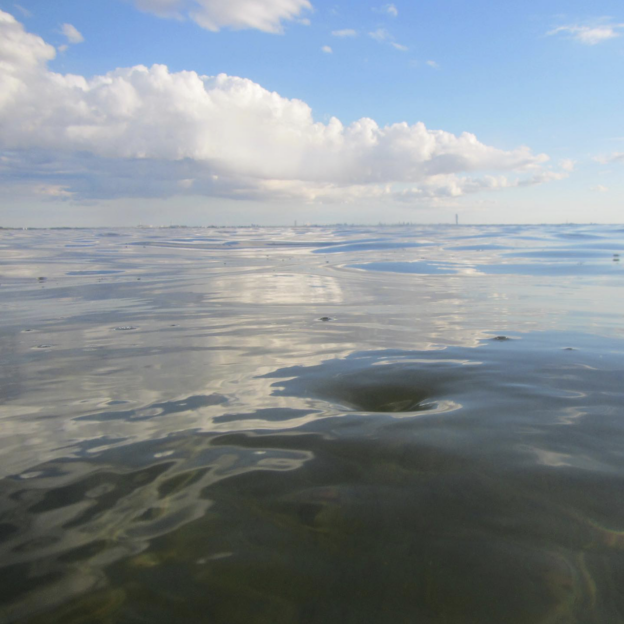
#WaveWatchingWednesday
Welcome to my wave watching week! :)
Currently reading: JUTLP special issue on belonging in an anxious world (articles 1-7)
In response to my blog post about belonging, I was made aware of the current issue of the Journal of University Teaching and Learning Practice (JUTLP) on “Pedagogies of belonging in an anxious world“. So now I am determined to actually read that whole issue! My short summaries of the first 7 articles below.

A red thread in my career: Being intentional about building community
Today is my blog’s 9th Birthday! How incredible is that? I’ve published 1,300 blog posts (this one is, in fact, exactly number 1,300!). Who would have thought that this would come out of me being a bored babysitter because A&I(happy anniversary, btw!)’s kids are always just too well-behaved and were sleeping, and I was on the couch procrastinating on doing some other stuff, and so I started a blog about floating and sinking soda cans and other #KitchenOceanography fun. And how cool that the topic and title I picked back then transitioned so well with every move my career would take! It seems incredible how much I’ve written over the years and how much time I must have spent on this blog in total. But it has been so rewarding, and so much fun! And it has also become a really interesting record of my professional development.
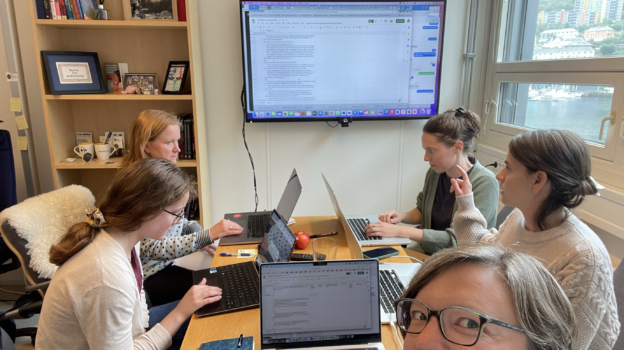
Students’ sense of belonging, and what we can do about it
Last week, Sarah Hammarlund (of “Context Matters: How an Ecological-Belonging Intervention Can Reduce Inequities in STEM” by Hammarlund et al., 2022) gave a presentation here at LTH as part of a visit funded by iEarth* that led to a lot of good discussions amongst our colleagues about what we can do to increase students’ sense of belonging, and to the question “what can we, as teachers, do, to help students feel that they belong?”.
Below, I’m throwing together some ideas on the matter, from all kinds of different sources.
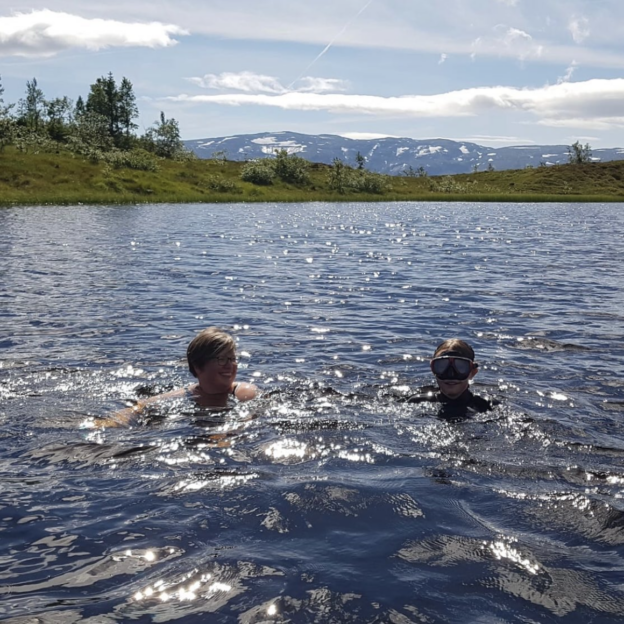
#WaveWatchingWednesday
Here is a whole summer worth of #WaveWatching pics from my Insta @fascinocean_kiel. With a bit of meta commentary around it, because there are SO many pictures. Enjoy!